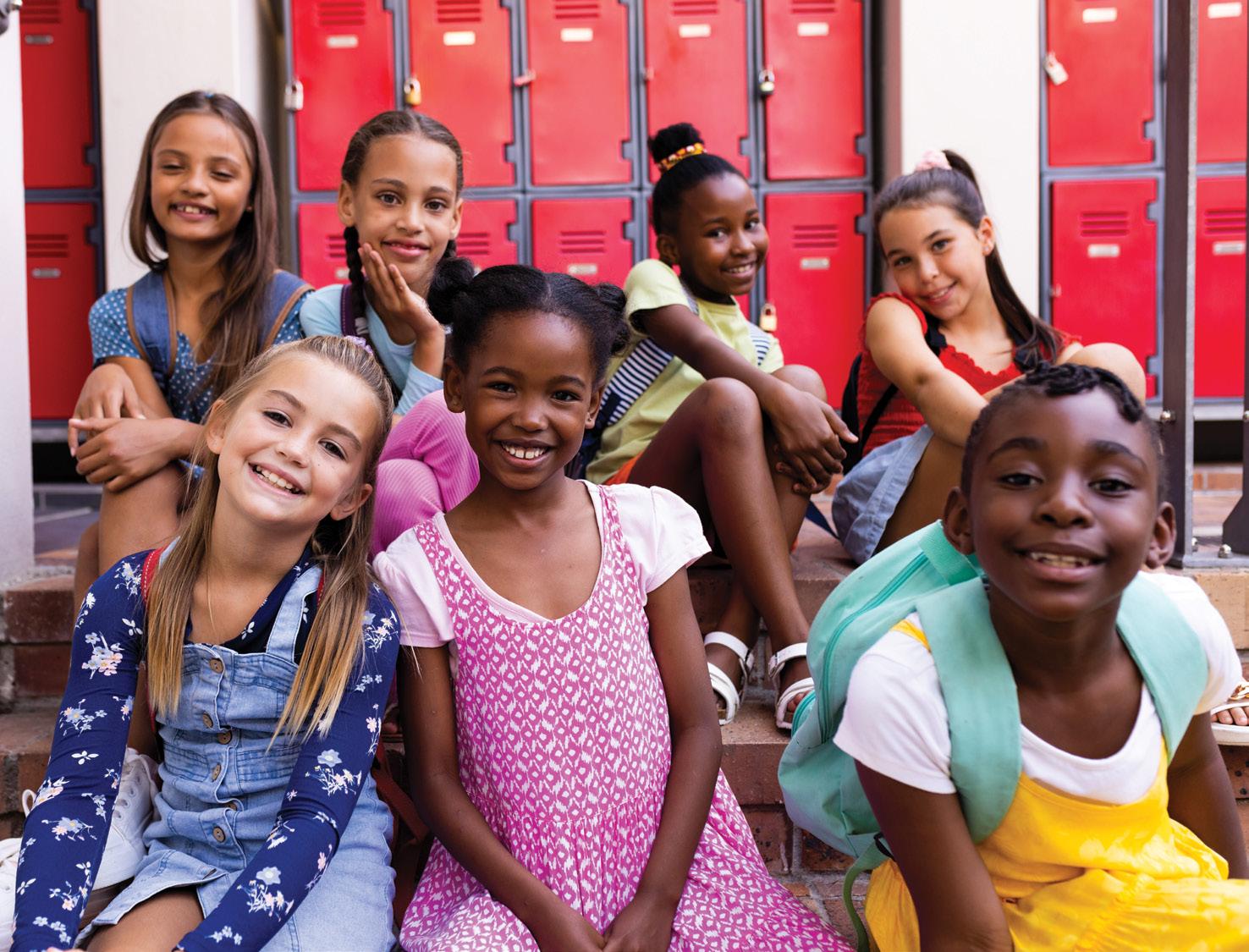
3 minute read
Raising strong girls in a safer world
Every girl deserves to grow up in a world free from fear. Yet for far too many, that dream is shattered by the grim reality of sexual violence. It is a painful truth but one we must confront with honesty, compassion and urgency.
Sexual violence against girls, including babies, remains a global crisis. Rape culture thrives in many societies, reinforced by patriarchal systems, unequal power dynamics and social norms that excuse such behaviours. Within this toxic framework, young girls are often pressured, manipulated or forced into sexual acts – an appalling violation of their rights, dignity and bodily autonomy.
The trauma inflicted by sexual violence reaches far beyond the moment of the act. It fosters a climate of fear and mistrust, where many women feel uneasy if they or their children are around men. While we must avoid unfair generalisations, we must first prioritise the safety and wellbeing of women and girls. If something happens to you or your child, know this: the blame lies entirely with the perpetrator. It is never your or your child’s fault.
According to UNICEF, millions of girls worldwide experience sexual violence before the age of 18. These are not just statistics; they represent lives torn apart, futures disrupted and innocence lost. Survivors often bear long-lasting emotional, physical and psychological scars. Heartbreakingly, many cases go unreported due to fear, shame or a lack of trust in failing justice systems.
Protecting the girl child is not just a family issue; it is a shared, societal responsibility. When we invest in the safety and empowerment of girls, we allow them to grow up confident, capable and free. These girls become women who lead, innovate and uplift communities. Protecting girls does not just change lives; it changes the world.
Creating real change starts with education. From a young age, children should be taught about bodily autonomy, consent and personal boundaries. These lessons equip them to recognise danger, speak up and seek help. In schools, child protection policies must be actively enforced and educators trained to identify and respond to signs of abuse.
Public awareness campaigns are equally vital. Communities must be informed about how to safeguard children and support survivors. Safe spaces must be established places where victims and families can report abuse without fear of judgement or retaliation. Every case must be handled with seriousness, empathy and confidentiality. Survivors should have access to traumainformed care, both on an emotional and medical level. No one should ever be alone when facing the aftermath of abuse.
Protecting the girl child is not just a family issue; it is a shared, societal responsibility.
If you suspect a child is being abused – whether yours or someone else’s – do not wait. Speak up and seek help. Reach out to trained professionals or organisations like Sister Namibia, which supports survivors and amplifies the voices of women and girls.
Together, through education, empathy and unwavering accountability, we can build a world where every girl is safe, valued and free to thrive. When girls know their voices matter and their rights are protected, they gain the courage to rise, speak out and shape a future without fear.
Sevelinus Kalembela










